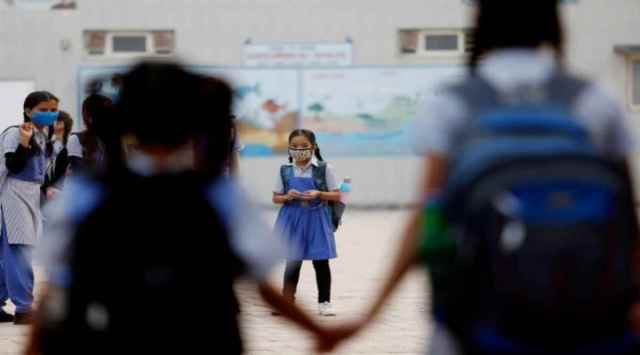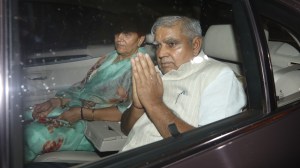Govt comes up with policy to regulate pre-primary non-grant-in-aid institutes
Also, no institute will be allowed to shut down without the government being intimated at least six months prior to the start of the new academic year.
 The existing institutes are required to get registered within 12 months from commencement of the policy.
The existing institutes are required to get registered within 12 months from commencement of the policy. In the absence of a set of rules, the state government has come up with a policy to regulate pre-primary non-grant-in-aid institutes, including play schools, which are running rampant in Gujarat.
Notified by the government on May 15, the ‘Policy for Non Grant-in-Aid Private Pre-Primary Education Institute’ has designated the director of primary education as the Gujarat State Pre-Primary Regulatory Authority. Moreover, the district primary education officer or district education officer will act as the competent authority to approve or withdraw registration of such institutes.
Director (Primary Education) M I Joshi told The Indian Express, “We know about 9,000 existing private schools that provide pre-primary classes in the state. The state government does not have a count of standalone pre-primary institutes, as they are not regulated.”
The existing institutes are required to get registered within 12 months from commencement of the policy. No new institute can be established without registration, the fee for which has been decided at Rs 5,000 per class.
Further, the policy mandates that all rooms in a pre-primary school building to be used as classrooms should have 8 square feet of space for each child.
The management should have the primary school functional in the same campus if it is seeking registration under Balvatika – a three-tier kindergarten education programme started by the Gujarat government for students till age six. Standalone institutes cannot register themselves under Balvatika without holding
primary classes in the same campus.
Also, no institute will be allowed to shut down without the government being intimated at least six months prior to the start of the new academic year.
According to the new policy, if any institute is found guilty of petty violations, a fine ranging between Rs 10,000 to 25,000 can be imposed. In case of serious violations, the registration can be withdrawn.
The institutes have to follow the curriculum prescribed by the Gujarat Council of Educational Research and Training. Also, local residents and women candidates may be given priority for appointment as teachers.
According to the policy, while a child who has completed three years but is not yet four years old, can be admitted to junior KG, one who has completed four years but is not five years old can go to senior KG. Similarly, a child who had completed five years but is not yet six years old, can be admitted under Balvatika.
The policy is based on the fundamental principles of the National Education Policy 2020. A high-level task force formed under the chairmanship of the education minister, to implement NEP, had in its meeting on January 30 decided to restructure school education to 5+3+3+4 format. Following this, the state government decided to come up with a policy to register private pre-primary education institutes.











